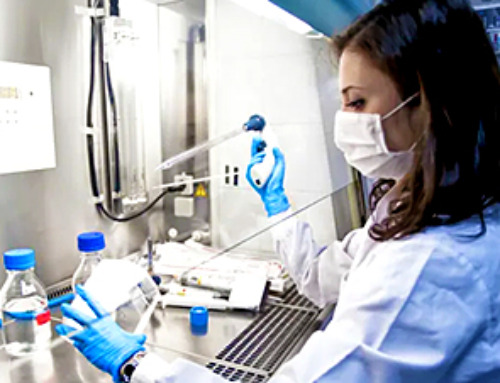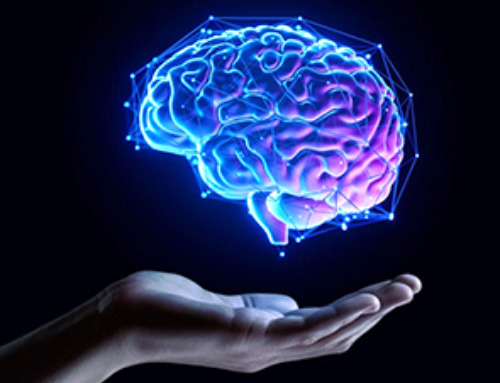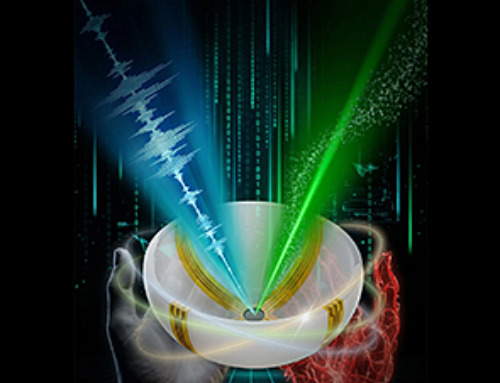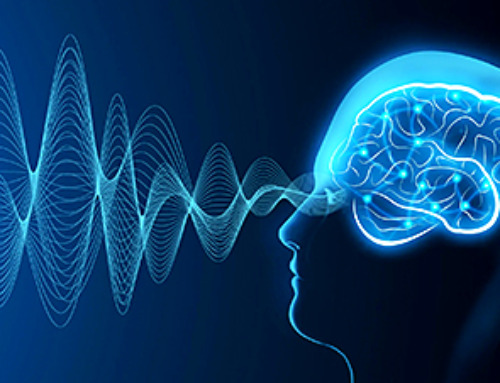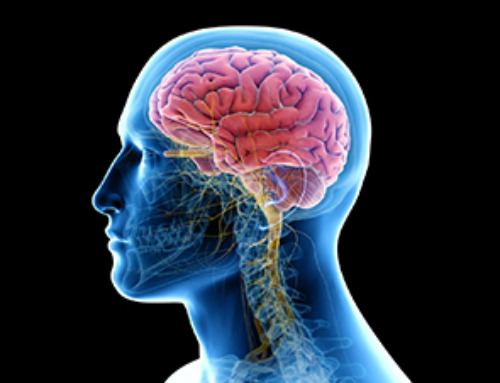In a recent study published in Nature, scientists used murine models to investigate how certain bacteria, such as Escherichia coli strains that contain a polyketide synthase (pks) island encoding enzymes that produce colibactin genotoxin, could increase the risk of colorectal cancer.
The study examined whether blocking the binding mechanisms of the toxin could prevent colorectal cancer.
Background
Colorectal cancer affects more than two million individuals worldwide every year and is one of the leading causes of cancer-associated mortality. Studies show that the disease is linked to Western lifestyles consisting of inadequate physical activity and unhealthy diets, and the incidence of colorectal cancer is rising, especially among people below 50 years of age. There is strong evidence supporting the role of the gut microbiome dysbiosis and some specific bacteria in promoting colorectal cancer.
Pathogenic strains of E. coli and Fusobacterium nucleatum have been identified as risk factors for colorectal cancer. Some strains of E. coli are known to carry genes that enable the production of colibactin. This toxin causes deoxyribonucleic acid (DNA) damage and has been found to be linked to both inflammatory bowel disease and colorectal cancer. This also suggests that bacteria-induced inflammation could potentially worsen the progression of colorectal cancer.
About the study
In the present study, researchers investigated the binding mechanisms through which the colibactin toxin produced by pks+ E. coli 11G5 strain causes the double-stranded breaks in DNA and cell cycle arrest to understand further how these pathogenic bacterial strains contribute to the development of colorectal cancer.
Studies from human intestinal organoids have reported that colibactin directly binds to the DNA, causing mutations that are often detected in colorectal cancer patients. However, the processes that allow the pks+ E. coli direct contact with the intestinal cells and the mechanisms through which colibactin reaches the host cell DNA remain unclear.
To investigate how pks+ E. coli might contribute to colorectal cancer, the researchers conducted a series of experiments using murine models and cultured cells. They used a mouse model with an impaired gut barrier to study the interactions between pks+ E. coli stains and the gut lining. The mice were orally exposed to the pks+ E. coli strain to observe bacterial infection-linked tumor development.
Histopathological methods and immunostaining were performed on tissue samples after four weeks to evaluate tumor burden, quantify E. coli presence, and assess the invasion levels in the colon. The size of the bacterial colonies and the localization in the gut epithelium were examined using scanning electron microscopy.
The inflammation levels were determined by analyzing the inflammatory markers such as C-X-C motif chemokine ligand 1 (CXCL1) and interleukins (IL) 17A and 1β. Additionally, transcriptomic analysis was performed to examine the expression of tumor-related genes in the epithelial and immune cells of the colon.
Furthermore, the researchers used mutant pks+ E. coli 11G5 strains that were lacking colibactin, or one of the two bacterial fimbrial adhesin genes FimH or FimlH, and compared it to the wild-type 11G5 strain to assess their ability to bind to epithelial cells and cause DNA damage. The study also used human colon cell cultures to measure DNA damage through in vitro damage assays involving immunofluorescence and flow cytometry.
Results
The study found that infection with the pks+ E. coli 11G5 strain promoted the progression of colorectal cancer in mice that had weakened intestinal barriers. The mice infected with the pks+ E. coli 11G5 strain developed more severe tumor-related indicators, such as higher tumor invasiveness and increased colon weight, than the control mice, which did not have an impaired gut barrier.
Furthermore, in comparison to the control strain of E. coli, which remained in the gut lumen, the pks+ E. coli 11G5 strain was able to strongly adhere to the epithelial cells and invade the gut lining, forming large bacterial colonies that were directly associated with the epithelial cells of the colon. This suggested that the pks+ E. coli 11G5 strain promoted colorectal cancer progression by infiltrating the colonic tissue.
The infected mice also showed higher levels of pro-inflammatory cytokines such as IL-17A, IL1β, and CXCL1. The transcriptomic analysis also revealed the activation of pathways that promoted tumor development, such as epithelial-to-mesenchymal transition pathways.
However, only the mice that were infected with the colibactin-producing strains of E. coli 11G5 were able to cause increased DNA damage. Additionally, the bacterial fimbrial adhesin genes were found to be critical for the tumor-promoting effects of pks+ E. coli 11G5 since the mutant strains lacking the adhesin genes failed to attach closely to the epithelial cells. The mice infected with the FimH and FimlH mutant strains experienced reduced tumor growth, lower epithelial invasion, and less DNA damage.
Conclusions
To conclude, the study reported that the progression of colorectal cancer linked to infection with pks+ E. coli required the strong adhesion of the bacteria to the colonic epithelial cells and the induction of DNA damage by colibactin. Targeting bacterial adhesins such as FimH and FimlH could provide potential therapeutic strategies to slow the bacterial-driven progression of colorectal cancer.
- Jans, M., Kolata, M., Blancke, G., D’Hondt, A., Gräf, C., Clers, M., Sze, M.,… et al. 2024. Colibactin-driven colon cancer requires adhesin-mediated epithelial binding. Nature. doi:10.1038/s41586-024-08135-z https://www.nature.com/articles/s41586-024-08135-z
News
COVID-19 viral fragments shown to target and kill specific immune cells
COVID-19 viral fragments shown to target and kill specific immune cells in UCLA-led study Clues about extreme cases and omicron’s effects come from a cross-disciplinary international research team New research shows that after the [...]
Smaller Than a Grain of Salt: Engineers Create the World’s Tiniest Wireless Brain Implant
A salt-grain-sized neural implant can record and transmit brain activity wirelessly for extended periods. Researchers at Cornell University, working with collaborators, have created an extremely small neural implant that can sit on a grain of [...]
Scientists Develop a New Way To See Inside the Human Body Using 3D Color Imaging
A newly developed imaging method blends ultrasound and photoacoustics to capture both tissue structure and blood-vessel function in 3D. By blending two powerful imaging methods, researchers from Caltech and USC have developed a new way to [...]
Brain waves could help paralyzed patients move again
People with spinal cord injuries often lose the ability to move their arms or legs. In many cases, the nerves in the limbs remain healthy, and the brain continues to function normally. The loss of [...]
Scientists Discover a New “Cleanup Hub” Inside the Human Brain
A newly identified lymphatic drainage pathway along the middle meningeal artery reveals how the human brain clears waste. How does the brain clear away waste? This task is handled by the brain’s lymphatic drainage [...]
New Drug Slashes Dangerous Blood Fats by Nearly 40% in First Human Trial
Scientists have found a way to fine-tune a central fat-control pathway in the liver, reducing harmful blood triglycerides while preserving beneficial cholesterol functions. When we eat, the body turns surplus calories into molecules called [...]
A Simple Brain Scan May Help Restore Movement After Paralysis
A brain cap and smart algorithms may one day help paralyzed patients turn thought into movement—no surgery required. People with spinal cord injuries often experience partial or complete loss of movement in their arms [...]
Plant Discovery Could Transform How Medicines Are Made
Scientists have uncovered an unexpected way plants make powerful chemicals, revealing hidden biological connections that could transform how medicines are discovered and produced. Plants produce protective chemicals called alkaloids as part of their natural [...]
Scientists Develop IV Therapy That Repairs the Brain After Stroke
New nanomaterial passes the blood-brain barrier to reduce damaging inflammation after the most common form of stroke. When someone experiences a stroke, doctors must quickly restore blood flow to the brain to prevent death. [...]
Analyzing Darwin’s specimens without opening 200-year-old jars
Scientists have successfully analyzed Charles Darwin's original specimens from his HMS Beagle voyage (1831 to 1836) to the Galapagos Islands. Remarkably, the specimens have been analyzed without opening their 200-year-old preservation jars. Examining 46 [...]
Scientists discover natural ‘brake’ that could stop harmful inflammation
Researchers at University College London (UCL) have uncovered a key mechanism that helps the body switch off inflammation—a breakthrough that could lead to new treatments for chronic diseases affecting millions worldwide. Inflammation is the [...]
A Forgotten Molecule Could Revive Failing Antifungal Drugs and Save Millions of Lives
Scientists have uncovered a way to make existing antifungal drugs work again against deadly, drug-resistant fungi. Fungal infections claim millions of lives worldwide each year, and current medical treatments are failing to keep pace. [...]
Scientists Trap Thyme’s Healing Power in Tiny Capsules
A new micro-encapsulation breakthrough could turn thyme’s powerful health benefits into safer, smarter nanodoses. Thyme extract is often praised for its wide range of health benefits, giving it a reputation as a natural medicinal [...]
Scientists Develop Spray-On Powder That Instantly Seals Life-Threatening Wounds
KAIST scientists have created a fast-acting, stable powder hemostat that stops bleeding in one second and could significantly improve survival in combat and emergency medicine. Severe blood loss remains the primary cause of death from [...]
Oceans Are Struggling To Absorb Carbon As Microplastics Flood Their Waters
New research points to an unexpected way plastic pollution may be influencing Earth’s climate system. A recent study suggests that microscopic plastic pollution is reducing the ocean’s capacity to take in carbon dioxide, a [...]
Molecular Manufacturing: The Future of Nanomedicine – New book from Frank Boehm
This book explores the revolutionary potential of atomically precise manufacturing technologies to transform global healthcare, as well as practically every other sector across society. This forward-thinking volume examines how envisaged Factory@Home systems might enable the cost-effective [...]

















